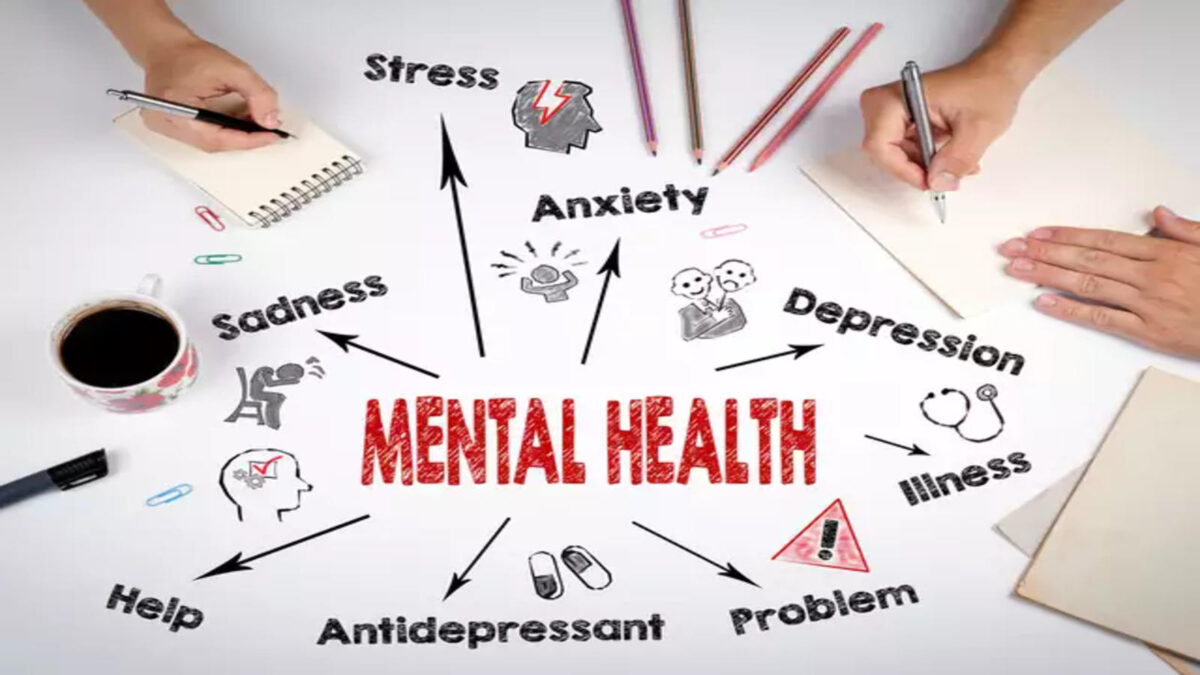Maintaining good mental health is essential for overall well-being, but it can become challenging when one finds themselves in environments with toxic individuals. Whether it’s a toxic family member, friend, or colleague, the negative impact on mental health can be significant. In this article, we’ll explore strategies for safeguarding mental well-being while navigating relationships with toxic individuals.
1. Establish Boundaries:
Setting clear boundaries is crucial when dealing with toxic individuals. Establish limits on how much time and energy you’re willing to invest in these relationships. Communicate your boundaries assertively and stick to them, even if it means creating physical or emotional distance. Remember that prioritizing your mental health is not selfish; it’s necessary for self-preservation.
2. Practice Self-Care:
Self-care becomes even more critical when dealing with toxic people. Engage in activities that nourish your mind, body, and soul, whether it’s exercise, meditation, hobbies, or spending time with supportive friends. Prioritize self-care routines that replenish your energy and provide a respite from toxic dynamics.
3. Seek Support:
Don’t hesitate to reach out for support from trusted friends, family members, or mental health professionals. Having a support network can offer validation, perspective, and guidance on how to navigate challenging relationships. Additionally, consider joining support groups or online communities where you can connect with others who are going through similar experiences.
4. Cultivate Emotional Resilience:
Building emotional resilience can help buffer the impact of toxic interactions. Practice mindfulness techniques to stay grounded in the present moment and develop a greater awareness of your thoughts and emotions. Reframe negative self-talk and cultivate a positive mindset that empowers you to overcome adversity.
5. Set Realistic Expectations:
Accept that you cannot change toxic individuals or control their behavior. Instead, focus on managing your own responses and expectations. Adjust your expectations to align with reality, recognizing that toxic individuals may not be capable of offering the support or validation you desire. Detaching emotionally from unrealistic expectations can help reduce disappointment and frustration.
6. Limit Exposure:
Whenever possible, minimize your exposure to toxic individuals. This might involve limiting interactions, avoiding triggering topics, or creating physical distance. If you cannot completely avoid contact, develop strategies for protecting your mental well-being during interactions, such as practicing deep breathing or visualization techniques.
Living with toxic individuals can take a toll on your mental health, but it’s essential to remember that you have the power to protect and nurture your well-being. By establishing boundaries, practicing self-care, seeking support, cultivating emotional resilience, setting realistic expectations, and limiting exposure, you can navigate these challenging relationships while safeguarding your mental health. Remember that you deserve to be surrounded by positivity and support, and prioritizing your mental well-being is a courageous act of self-love.
Team T2S1.

